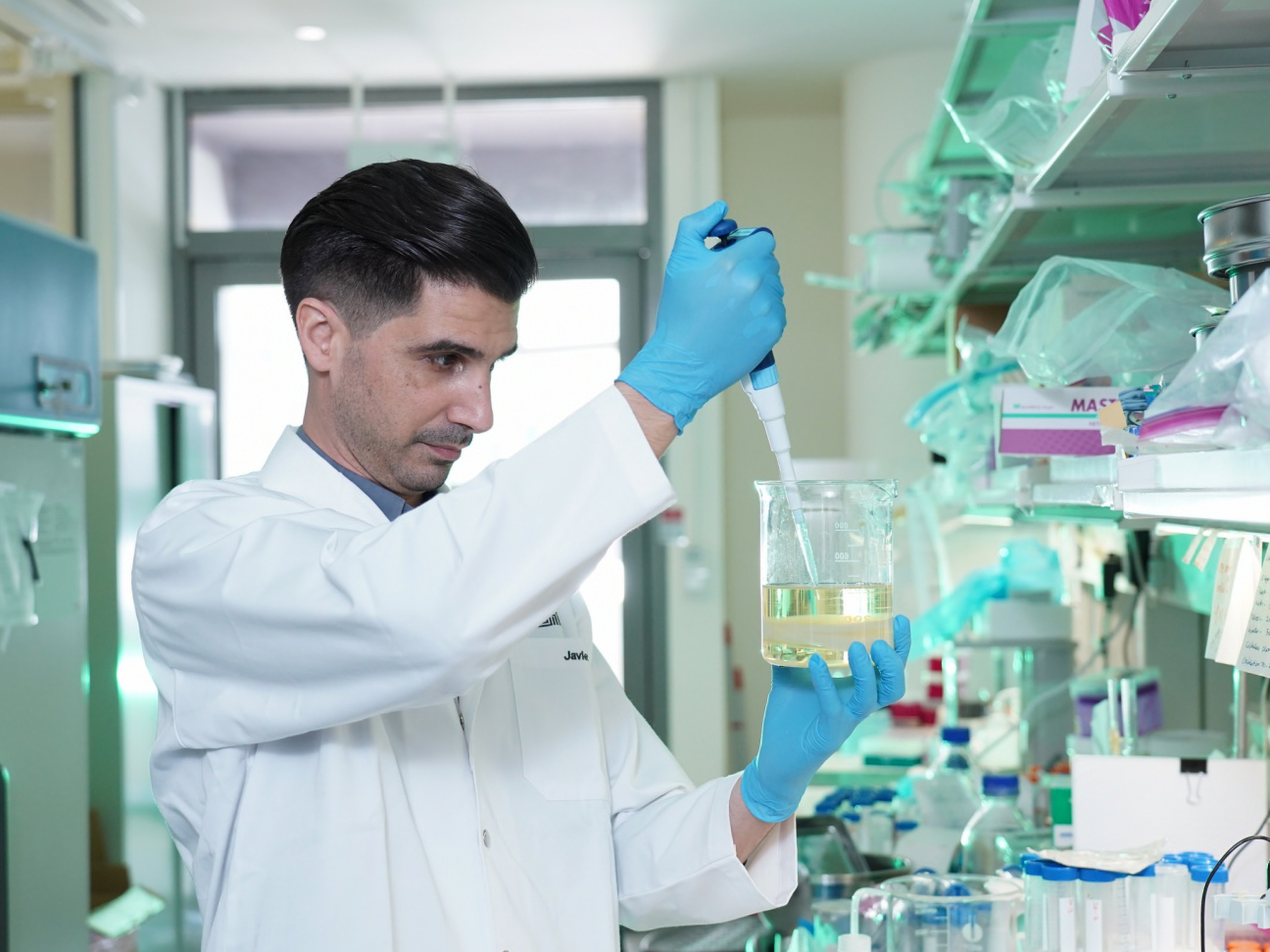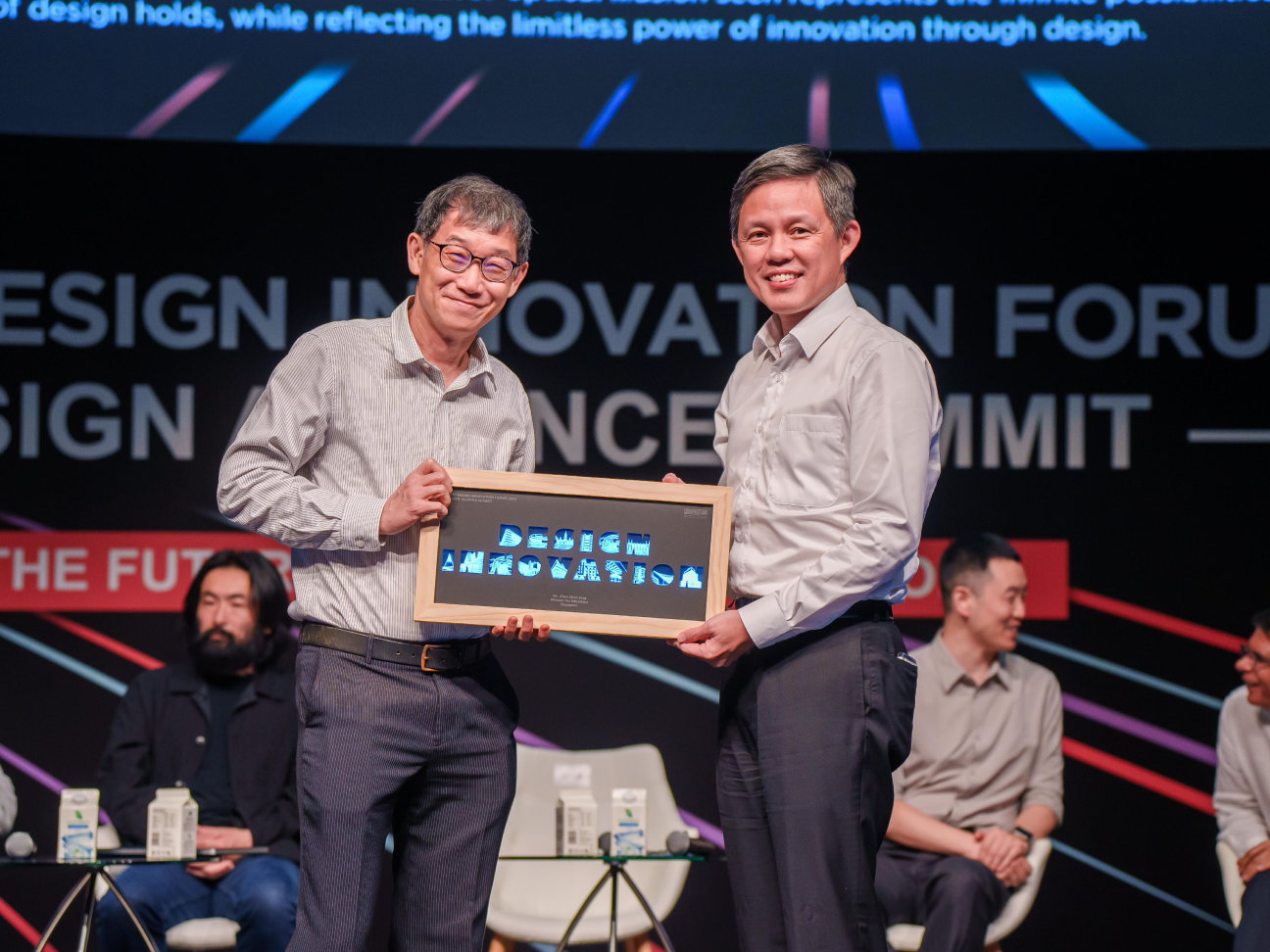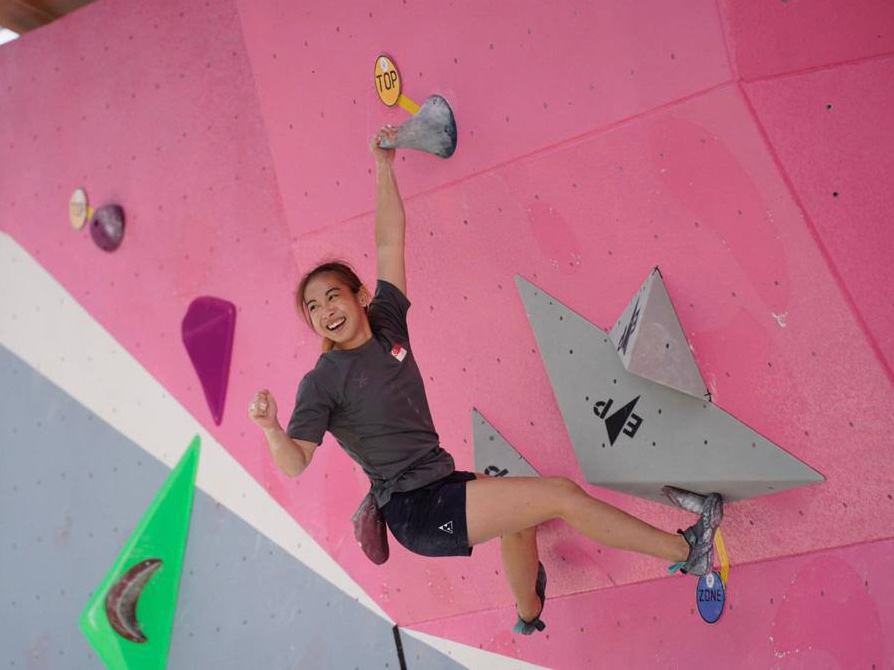Events
DH Asia Webinar Series: “Du Fu in Paratexts: An Analytical Reading of Literary Intertextuality in Chosŏn Korea” by Jamie Jungmin Yoo
DH Asia Webinar Series: “Du Fu in Paratexts: An Analytical Reading of Literary Intertextuality in Chosŏn Korea” by Jamie Jungmin Yoo
Festival of Ideas in the Humanities and Social Sciences: “Singapura before Raffles: early modern Asia in the Global Renaissance”
Festival of Ideas in the Humanities and Social Sciences: “Singapura before Raffles: early modern Asia in the Global Renaissance”
Festival of Ideas in the Humanities and Social Sciences: “How the humanities and social sciences can help us hack the STEM fields”
Festival of Ideas in the Humanities and Social Sciences: “How the humanities and social sciences can help us hack the STEM fields”
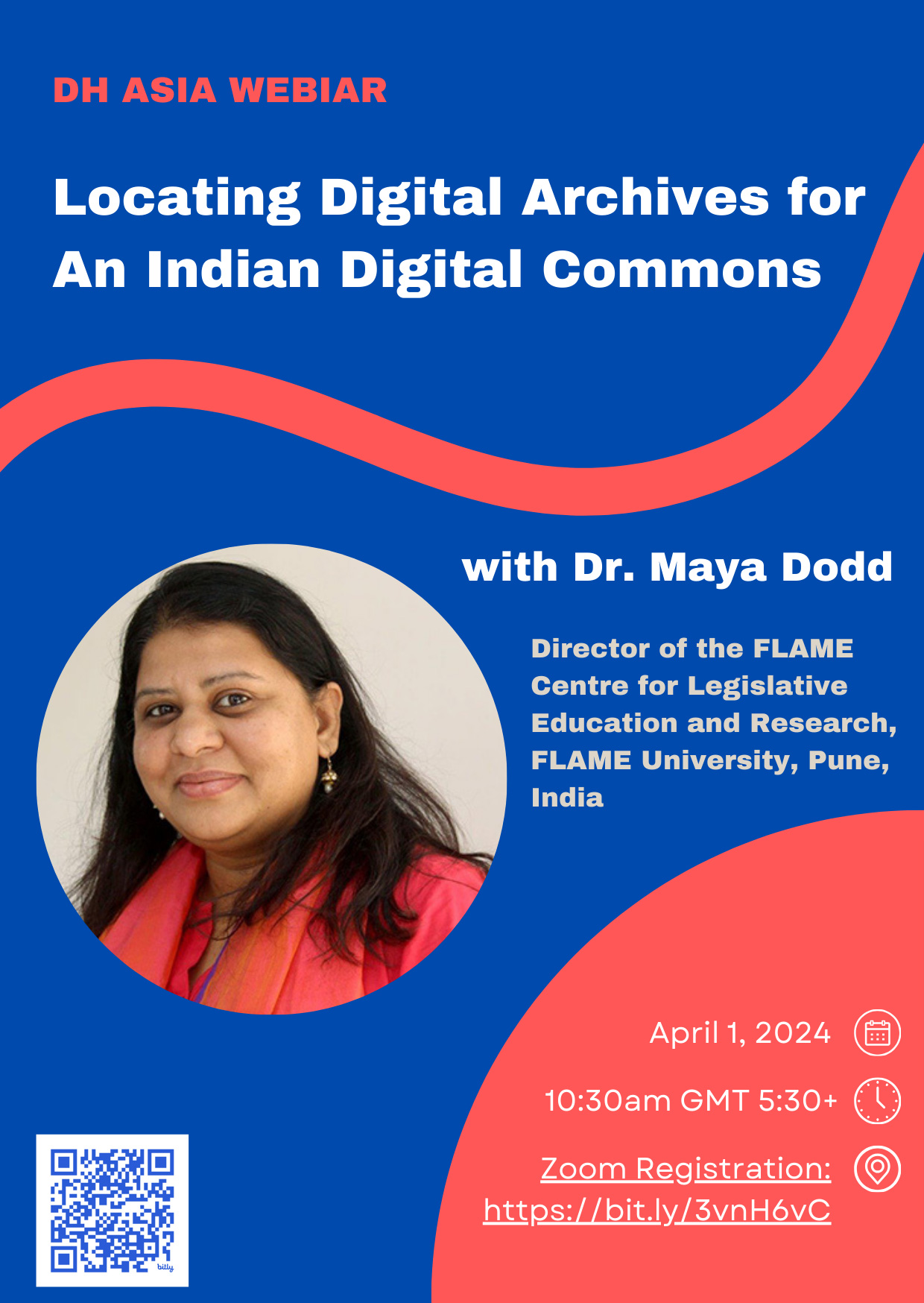
DH Asia Webinar Series: “Locating Digital Archives for An Indian Digital Commons” by Dr. Maya Dodd
DH Asia Webinar Series: “Locating Digital Archives for An Indian Digital Commons” by Dr. Maya Dodd

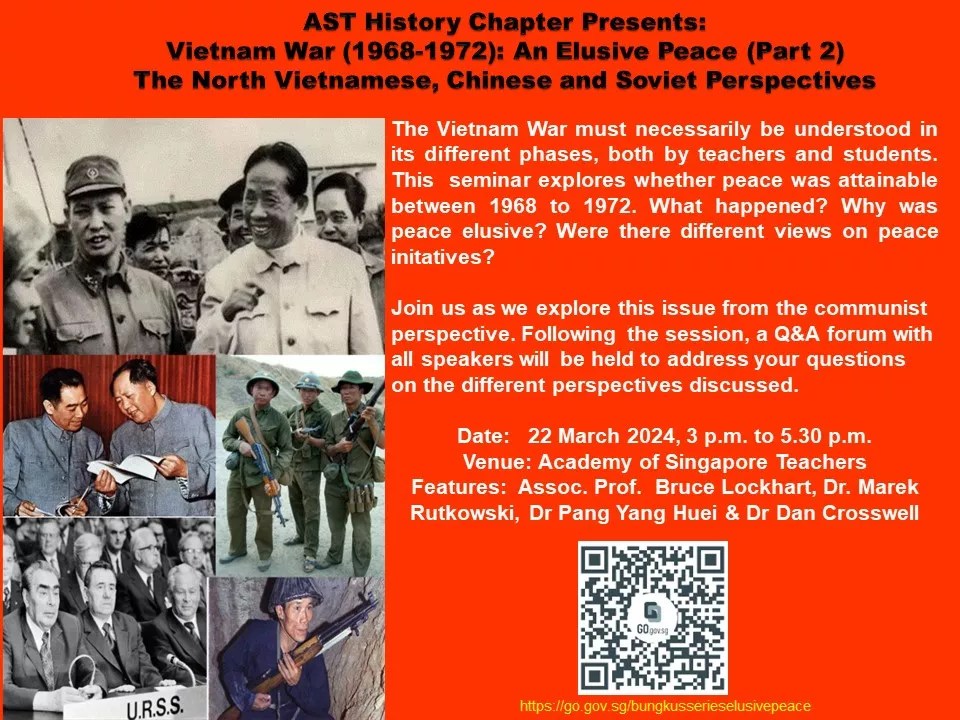
Dr. Pang Yang Huei’s Presentation with the Academy of Singapore Teachers
Dr. Pang Yang Huei’s Presentation with the Academy of Singapore Teachers


HASS Colloquium Series: Achieving the digital equity for students with special educational needs by Dr. Sin Kuen Fung Kenneth
HASS Colloquium Series: Achieving the digital equity for students with special educational needs by Dr. Sin Kuen Fung Kenneth

DH Asia Webinar Series: “Computational Methods and Intangible Cultural Heritage” by Dr. Miguel Escobar Varela
DH Asia Webinar Series: “Computational Methods and Intangible Cultural Heritage” by Dr. Miguel Escobar Varela

DH Asia Webinar Series: “The Diaries of the Soviet Ambassador in Pyongyang: Data-Specific Network Approaches to North Korean History Studies” by Dr. Donghyun Woo
We cordially invite you to the second session in our DH Asia Webinar series by Dr. Donghyun Woo from Korea Advanced Institute of Science & Technology (KAIST).

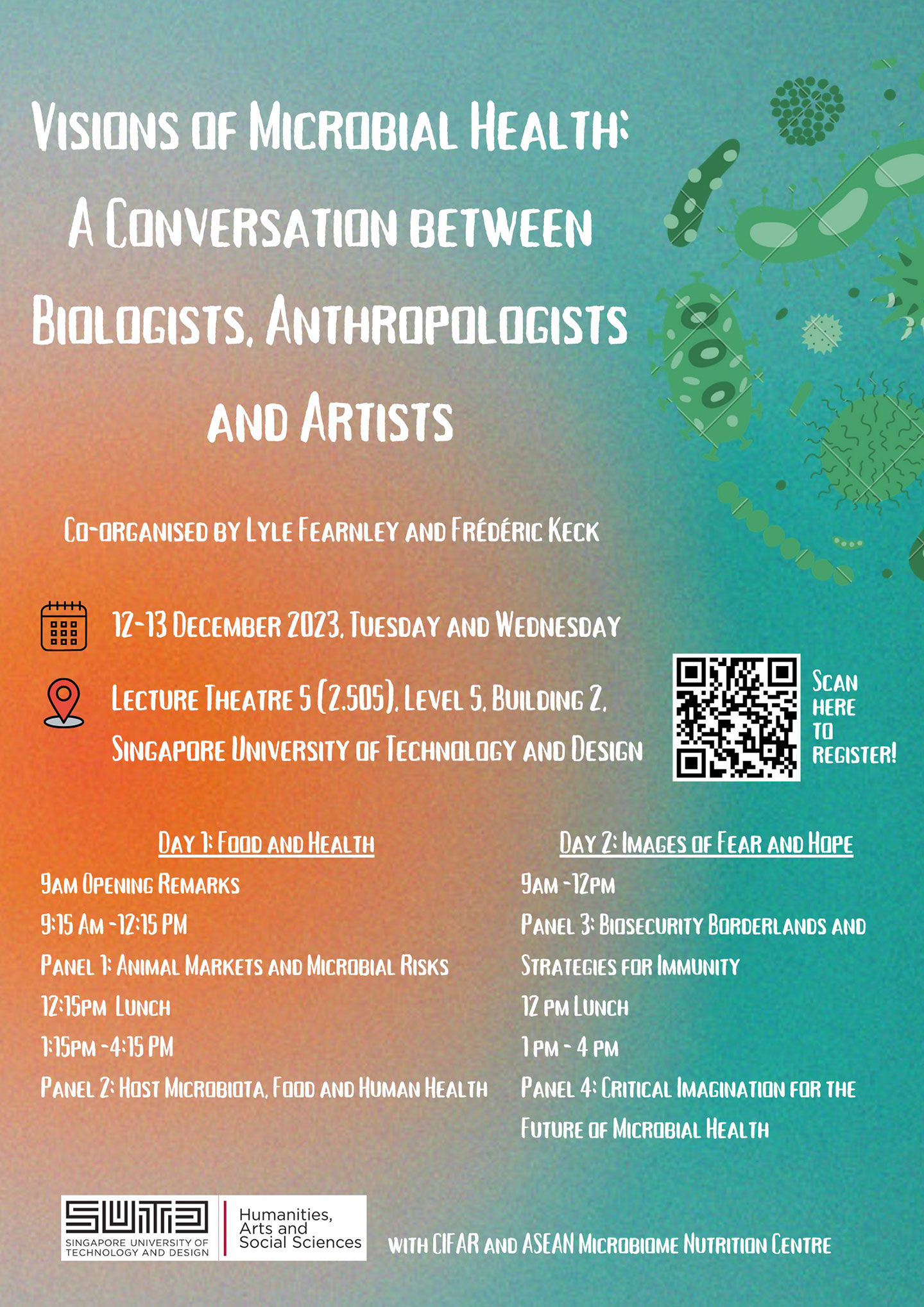
HASS Workshop: Visions of Microbial Health: A Conversation between Biologists, Anthropologists and Artists
From viruses that cause zoonotic pandemics to the gut microbes that condition metabolism inside the body, microbes play crucial roles in human health and disease. Increasingly powerful scientific techniques are bringing to light the microbes inside and outside of our bodies and revealing how microorganisms connect individuals and even cross species.
But what to do about the microbes that we live with is a question that cannot be answered by microbiological tools alone. The human impact on the environment, including the consumption of antibiotics that alter the microbiome or the deforestation that increases the risk of emerging pathogens, demands historical and cultural analysis. Calls for closure of wet markets or culling of infected livestock in order to control pathogen spillover raise important questions about cultural differences in human-nonhuman relationships, the evaluation of risk, and the valuation of nonhuman life. Artists and anthropologists provide new tools to help us see the many possibilities of human life amidst the microbiome. After a century of intensive antibiotic use in healthcare and the livestock industry, can we imagine co-existence with microbes? How can we increase public understanding of the microbiome and its impacts on health and environment? What new alliances can be envisioned between microbial cultures and human cultures?
This workshop will initiate a conversation between biologists, anthropologists and artists to discuss venues of critical thinking on relations between microbes and health in a rapidly changing planet. The meeting will provide inspiration for an exhibition project and a collaborative white paper that aim for a reflexive account of microbial cultures.

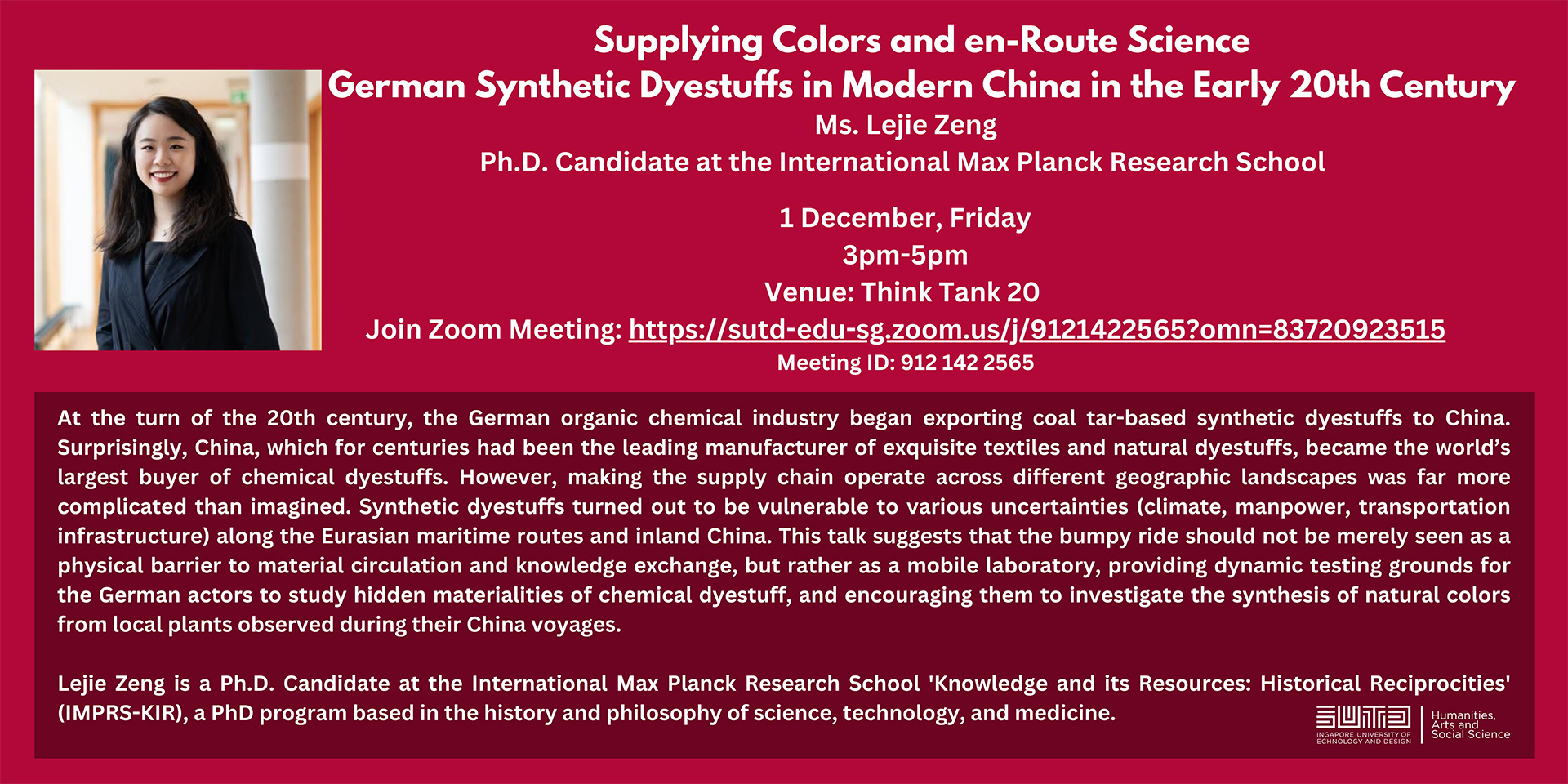
HASS Colloquium Series: Supplying Colors and en-Route Science: German Synthetic Dyestuffs in Modern China in the Early 20th Century by Ms. Lejie Zeng
At the turn of the 20th century, the German organic chemical industry began exporting coal tar-based synthetic dyestuffs to China.



